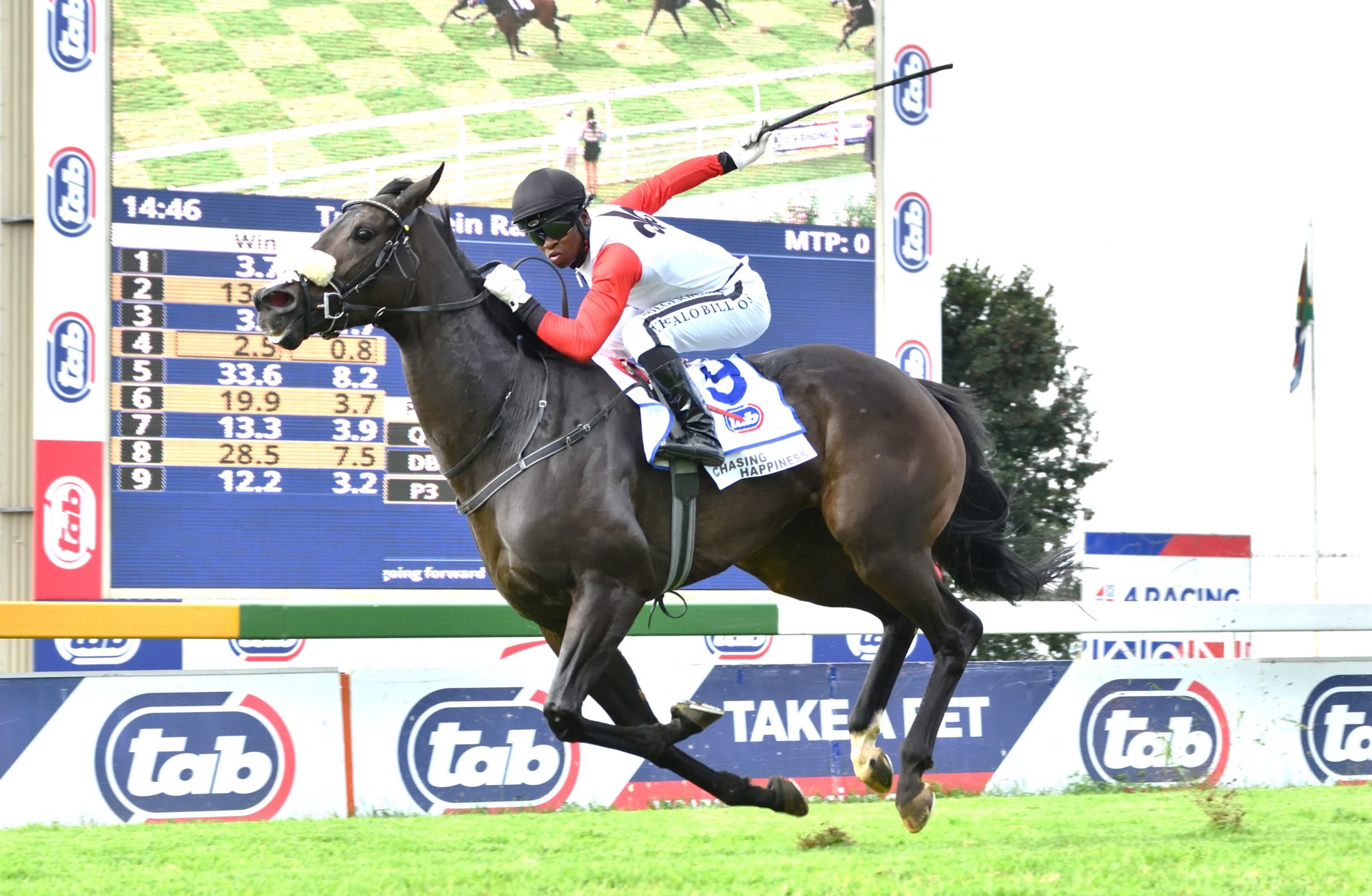While commending Gold Circle for its decision to introduce barrier trials, Phumelela will not follow suit in its racing regions.

Phumelela’s Rian Du Plessis
Tabnews reports that after the announcement last week that Gold Circle were intending to introduce barrier trials for first-timers and rested horses, that the possibility of it happening in Phumelela territory was unlikely.
“Our position remains that the cost and additional wear on our turf surfaces is substantial,” said Phumelela CEO Rian du Plessis.
“We have found no factual evidence substantiating that these negatives will be outweighed by the positives. We will monitor the situation very closely and will naturally change if our position is proved incorrect.”
Gold Circle has announced that that all unraced horses and those returning from long layoffs will have to participate in a barrier trial before being allowed to race in KwaZulu-Natal.
The barrier trials will be held before the first race or after the last race on the polytrack at Greyville.
And because barrier trials are open to the public and often televised, it’s an opportunity for horseplayers to assess the ability or fitness of a horse for themselves.
That brings a welcome transparency, although this element of barrier trials is often overstated. At the end of the day it’s not a real race and horses can excel in barrier trials only to fail ón raceday. Or they may not shine in practice, but the experience brings on them on so much that they are a different story come a real race.

Paul Lafferty – driving force
Paul Lafferty, chairman of the KZN Trainers Association and a driving force behind the introduction of barrier trials in that province, is excited and believes they will enhance consumer confidence in the sport.
He reckons they will offer potential owners the chance to see a horse in action, which can assist trainers who still have shares available in a horse.
More than 5000 horses make their debuts or return from layoffs of 90 days or more annually in South Africa. To hold barrier trials for them in Johannesburg and Cape Town, which have no polytracks, will have a negative impact on grass racing surfaces and add significantly to transport costs.
At city tracks in New South Wales in Australia, owners pay over Aus$200 for a horse to trial.
Barrier trials are basically practice races and are part and parcel of the horseracing scene in countries like Australia, Hong Kong and Singapore.
It would be foolhardy to believe that barrier trials will necessarily prove a remedy for the many challenges facing horseracing. They were introduced on an experimental basis here back in the 1990s and fizzled out after failing to make an impact, and as Phumelela CEO Rian du Plessis has pointed out, they come at a cost.








